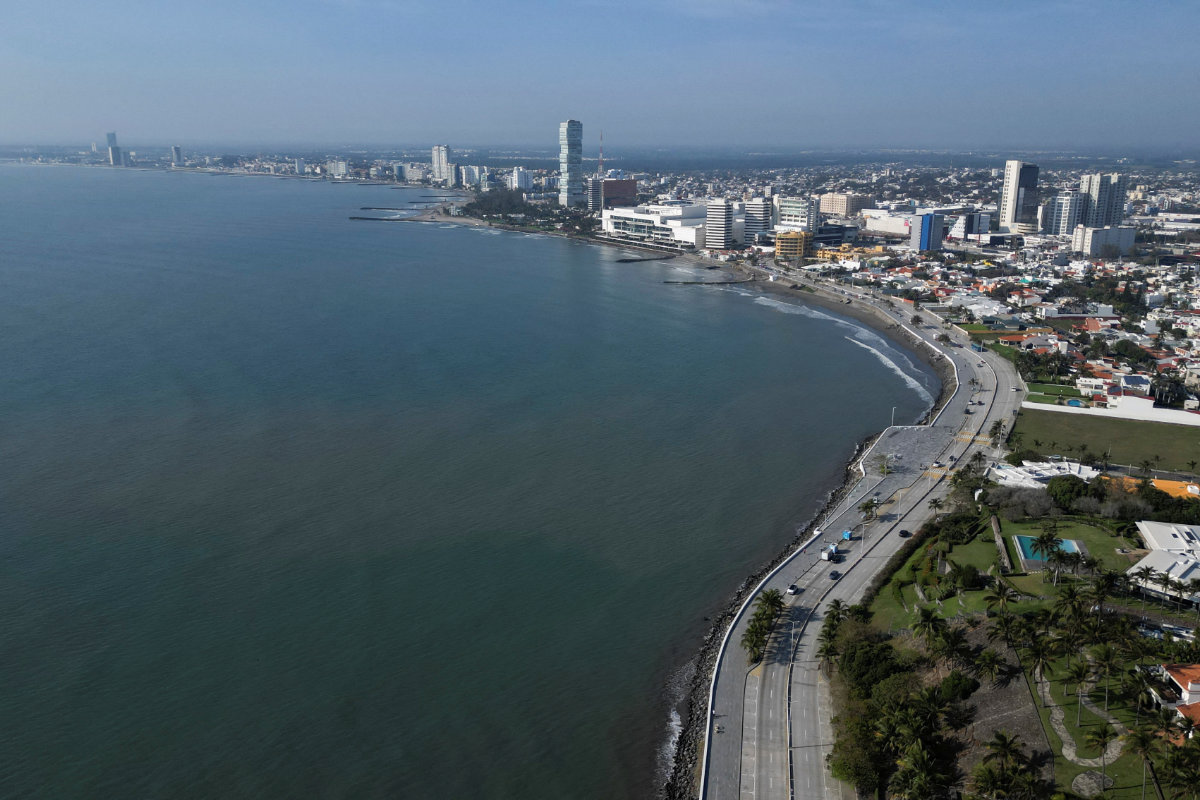LONDON: A Tunisian judge barred a potential presidential candidate from appearing in the media or traveling around the country on Friday, the latest politician to face what their parties have called obstructions to challenging President Kais Saied.
Abd Ellatif Mekki’s party called the measures an attempt to exclude a serious candidate from the campaign for elections on Oct. 6.
Opposition parties have accused Saied’s government of exerting pressure on the judiciary to track down the president’s rivals and pave the way for him to win a second term.
They say imprisoned politicians must be released and the media allowed to operate without pressure from the government.
Saied’s supporters deny allegations that opposition politicians have been targeted for political reasons. They say that running for elections is not a reason to stop prosecutions against people accused of crimes such as money laundering and corruption.
Two political leaders, Abir Moussi and Ghazi Chaouachi, have been imprisoned since last year.
Last week, police arrested another candidate, Lotfi Mraihi, on suspicion of money laundering. He said in a video that he has faced restrictions and harassment since announcing his candidacy.
Other potential candidates, including Safi Saeed, Mondher Znaidi and Nizar Chaari, are facing prosecution for alleged crimes such as fraud and money laundering.
OBSTRUCTION ALLEGATIONS
Mekki’s lawyer, Monia Bouali, told Reuters, “The judge decided to impose a travel ban on Mekki and prevent him from appearing in the media and social media and ordered him to stay (in) Wardia area,” referring to a neighborhood in the capital, where Mekki lives.
Court officials were not immediately available to comment on the decision.
“Mekki is clearly targeted to obstruct his campaign to collect signatures from citizens and to contact them,” said Ahmed Naffati, a prominent official in Mekki’s party, told Reuters.
Days after Mekki announced his candidacy this month, a court spokesman said Mekki was suspected of having participated in the murder of a businessman who died in prison years ago.
Mekki said he had nothing to do with this case, and that filing a case against him after he announced his intention to run showed he was targeted.
Saied, who was elected president in 2019, has not officially announced his candidacy but is expected to do so soon. Last year he said he would not hand over power to what he called non-patriots.
In 2021, Saied dissolved parliament and began ruling by decree in a move that the opposition described as a coup. Saied said his steps were legal and necessary to end years of rampant corruption.


























